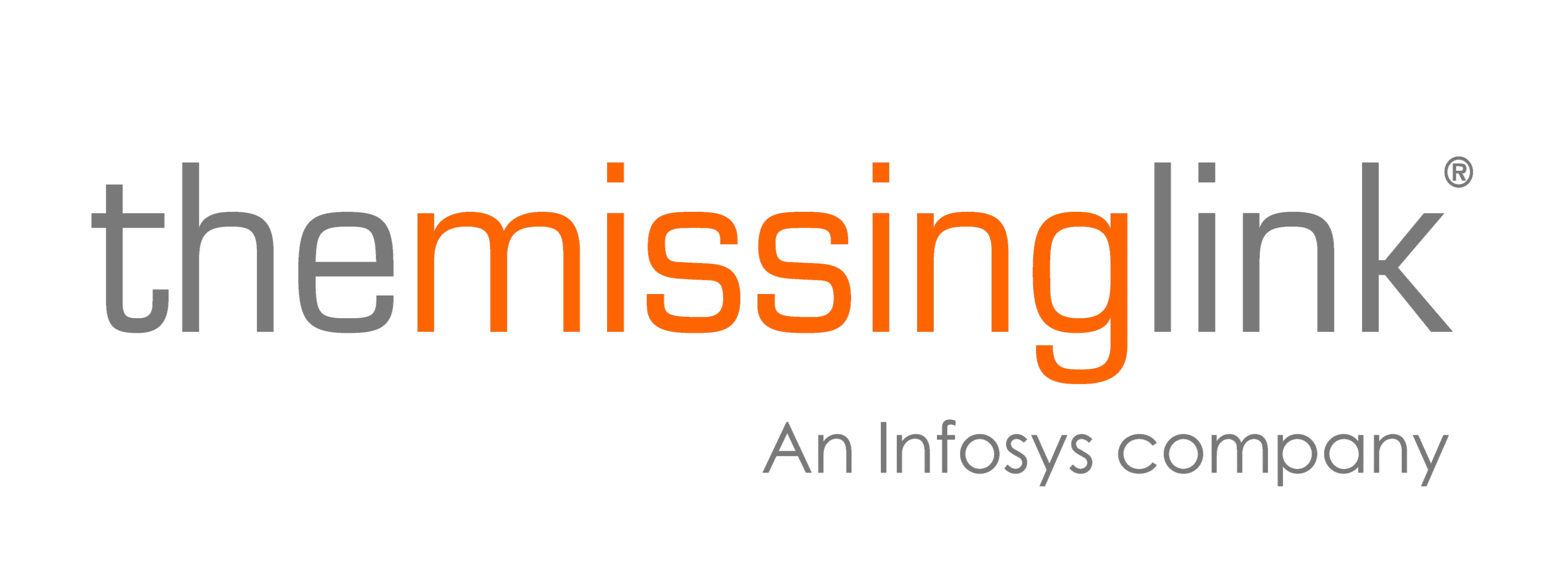With over 50 years of proven experience for pioneering thinkers and innovators, CES 2020 was home to more than 4,500 companies who exhibited their latest and greatest innovations in technology.
With so much remarkable innovations on display, this blog post could quickly turn into a long-winded novel. Instead, the following will highlight the key trends and the incredible impact they could have on consumers and businesses in the near future.
Advanced Health Monitoring
There is nothing more important than health, and this is something that tech companies quickly realised and have been continuously working on to develop the most advanced and accurate health reporting tools for consumers. Over the past decade, we have noticed an influx of health monitoring tools become available over the counter. They provide us with instant insight into certain aspects of our health and wellbeing.
CES 2020 demonstrated that health tech companies are determined to push the boundaries. The impressive Withings' ScanWatch includes a heart rate sensor that monitors for irregular cardiac function, an Sp02 sensor to observe your sleeping patterns and search for indicators of sleep apnoea, it also includes an onboard ECG to check your vitals.
This area of tech will become an even more significant part of health care in the future. It will aid doctors by providing more in-depth reporting over extended periods without the need for patients to strap into a hospital bed.
Artificial Intelligence
Artificial Intelligence (AI) has quickly become a marketing buzzword for a wide variety of companies. From intelligent toasters to showerheads, AI is supposedly making our devices smarter so that they can analyse and predict our patterns of behaviour to ensure we receive a more personalised experience.
Neutrogena showcased their AI app Skin360, which utilises facial scanning technology that examines your skin for wrinkles, fine lines, bags under the eyes, skin smoothness and blemishes to provide you with a customised skincare routine. Oral-B and Colgate were also promoting their AI toothbrushes that deliver a report to your smartphone after each clean to show how well you are brushing your teeth.
Soon we will have devices that can analyse every aspect of our daily lives and provide us with information on how we can improve to become the best version of ourselves.
Automotive Automation
Toyota foretold their vision of the future by announcing the Woven City, an experimental ecosystem that will reside at the base of Mount Fuji in Japan. It will include a laboratory of future technologies including self-driving vehicles that will run on hydrogen fuel cells, smart homes and robots, amongst other things. Toyota's vision is to create a city-based around sustainable ways of transport.
Uber also unleashed a groundbreaking vision for the future when they showcased a prototype of their flying car. Uber has partnered with Hyundai to make aerial ridesharing a not so distant reality, with plans for a 2023 release. Uber Elevate aims for their service to be available for travel within city centres and to be available for commuters who travel from the suburbs to the city.
On a smaller scale, The Cosmo Connected smart light demonstrated a significant step forward for cyclists. Finally, we are seeing automobile technology that has been missing on bicycles for too long. The device attaches to the back of your helmet and adds indicator signals, brake lights, journey tracking and even registered emergency contacts that will be alerted in the case of an accident.
The takeaway message is that automotive companies are working hard to integrate technology and transportation to make it safer, quicker and convenient. If all goes according to plan in the not so distant future, we will all be chauffeur-driven around town by a network of driverless cars.
Foldable Devices
Foldable devices are still in their formative years. If you missed the Samsung Galaxy Fold debacle last year, there were reports of the screen breaking after one day of use. Luckily Samsung was able to redeem itself by pushing back the release date and redesigned the phone to fix the issues.
Samsung’s slight hiccup was not enough to deter other manufacturers, with several brands showing their interest at CES 2020. Dell, Lenovo and Huawei all debuted their foldable devices.
Foldables still have significant design flaws such as plastic screens, light leaks, discolouration and imperfect hinge mechanisms.
If there proves to be a market for foldable tech, and a large consumer group embraces it, it will allow manufacturers to iron out these unresolved issues. Foldables will open a world of possibilities for the types of smartphones and tablets that will be available over the next decade.
Another exciting year is underway, and we have already been overwhelmed with bold claims of technology that will revolutionise our existence. Only time will tell which prototypes and trends will come to fruition or be abandoned in the next couple of years. If you want to learn more about how we can help drive your business into 2020 with the latest technology, you can speak with one of our experts today.
If you liked this article, you may also like:
Password management tools: how important are they really?
The top 3 cloud security challenges
Benefits of Microsoft 365 for your business
